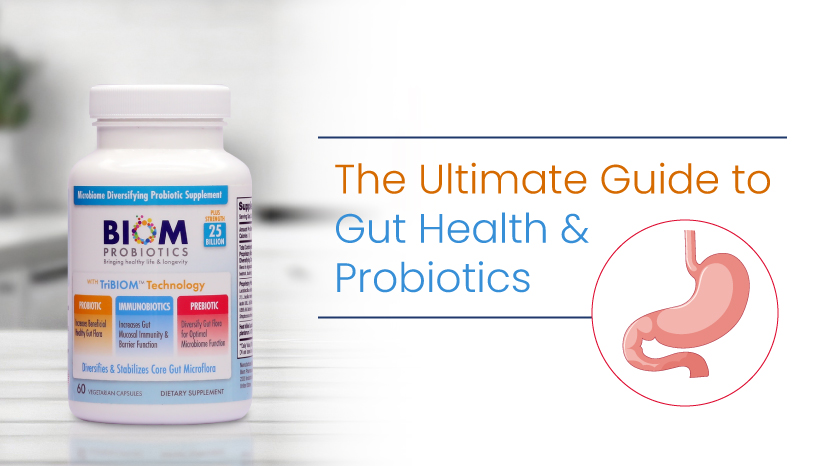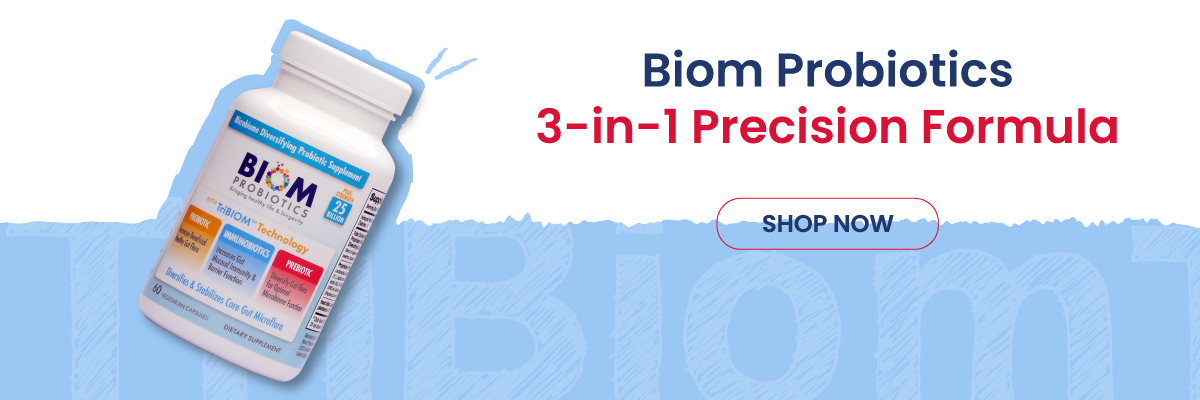In the realm of wellness, the gut has taken center stage as a crucial determinant of overall health. A healthy gut not only aids in digestion but also plays a vital role in immune function, mood regulation, and even weight management. So, how do you keep your gut in top condition? Let’s delve into the best practices for maintaining gut health, with a special focus on the role of probiotics.
- Diverse Diet Rich in Fiber: The foundation of gut health lies in a diverse and fiber-rich diet. Incorporate plenty of fruits, vegetables, whole grains, and legumes into your meals. These foods provide prebiotic fibers that feed the beneficial bacteria in your gut, promoting a thriving microbiome.
- Fermented Foods: Fermented foods are natural sources of probiotics, the beneficial bacteria that bolster gut health. Include fermented foods like yogurt, kefir, kimchi, sauerkraut, miso, and tempeh in your diet regularly. These foods introduce live cultures into your gut, enhancing its microbial diversity.
- Probiotic Supplements: While whole foods should be your primary source of probiotics, supplements can be beneficial, especially if you have specific health concerns or dietary restrictions. Look for high-quality probiotic supplements with diverse strains and colony-forming units (CFUs) to support gut flora balance.
- Limit Processed Foods and Sugar: Highly processed foods and excessive sugar can disrupt the balance of gut bacteria, leading to inflammation and digestive issues. Minimize your intake of sugary snacks, refined carbohydrates, and processed foods, opting instead for whole, nutrient-dense options.
- Manage Stress: Chronic stress can wreak havoc on your gut health by altering gut bacteria composition and increasing intestinal permeability. Practice stress-reducing techniques such as meditation, deep breathing exercises, yoga, or spending time in nature to support both your mental well-being and gut health.
- Adequate Hydration: Staying hydrated is essential for maintaining a healthy gut environment. Water helps transport nutrients, flush out toxins, and support the mucosal lining of the digestive tract. Aim to drink plenty of water throughout the day to keep your gut functioning optimally.
- Regular Exercise: Engaging in regular physical activity benefits not only your cardiovascular health but also your gut. Exercise promotes gut motility, which aids in digestion and prevents constipation. Aim for a combination of aerobic exercise, strength training, and flexibility exercises for overall well-being.
- Avoid Antibiotics Unless Necessary: While antibiotics are life-saving medications, they can also disrupt the delicate balance of gut bacteria. Whenever possible, opt for alternatives or narrow-spectrum antibiotics to minimize their impact on gut health. If you must take antibiotics, consider probiotic supplementation to mitigate potential disruptions.
- Listen to Your Body: Pay attention to how different foods and lifestyle factors affect your gut. Keep a food diary to track your symptoms and identify potential triggers for digestive issues. Everyone’s gut is unique, so what works for one person may not work for another.
In conclusion, nurturing your gut involves a holistic approach that encompasses dietary choices, lifestyle habits, and mindful supplementation. By prioritizing a diverse diet, incorporating probiotic-rich foods, and adopting gut-friendly habits, you can cultivate a thriving microbiome and support your overall health and well-being. Remember, a healthy gut is the cornerstone of a vibrant life.





